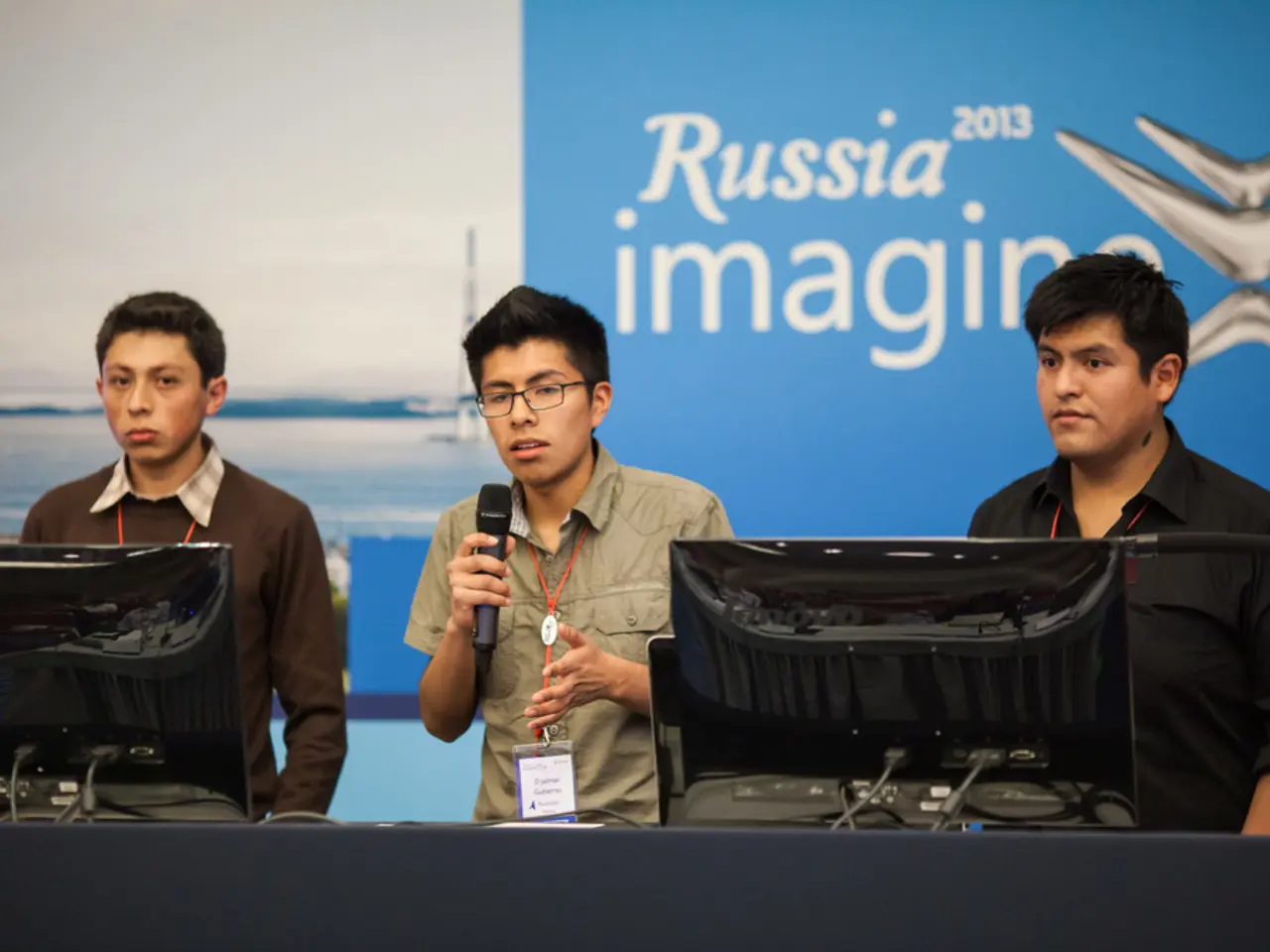"Not a Putin Ally, Just Advocating for Peace" Mützenich Speaks on SPD Controversy
SPD Member Mützenich Senses Misappropriation of Fair Treatment
In an exclusive interview with "Der Spiegel," former SPD parliamentary group chair Rolf Mützenich expresses his frustration with the critical response from his own party following his signing of a manifesto on Russia policy. Mützenich, feeling misunderstood, acknowledges the intensity of the criticism but emphasizes his opposition to the Kremlin chief.
The manifesto, signed by Mützenich and over 120 other initial signatories, calls for a shift in Germany's approach to Russia, advocating for a de-escalation and the resumption of diplomatic initiatives. Critics within the SPD, including Minister President Olaf Lies and Defense Minister Boris Pistorius, have labeled the manifesto a denial of reality.
Mützenich shares his dismay, believing that the focus on his perspective on Russia overshadows the manifesto's international policy discussions. He continues to advocate for dialogue with Russia as a means to resolve global conflicts, while making it clear that he is no supporter of Russian President Vladimir Putin.
In response to Pistorius' accusation of "reality denial," Mützenich questions the consequences of NATO's 2% military spending target and the need to allocate funds for societal needs such as employment, education, housing, and social welfare programs.
Despite scheduled honors for his work as parliamentary group chairman, Mützenich will not attend the SPD federal party conference this weekend. Instead, he has other obligations.
The Russia policy manifesto has sparked internal turmoil within the SPD, with some members supporting the necessity of the debate on peace policy, while others within the party and the coalition view it as problematic. Chancellor Friedrich Merz has rejected the SPD's proposed policy shift, demanding unity within the coalition. As the SPD grapples with electoral setbacks and leadership renewal at its party congress, the manifesto debate continues to exacerbate tensions.
Sources: ntv.de, mau
Insights:
The manifesto seeks to reorient Germany's security and defense policy, advocating for cooperation with Russia and redirecting military spending to support social causes such as poverty alleviation and climate protection. This policy shift has sparked controversy within the SPD, as well as resistance from the conservative-led government, and comes as the party attempts to redefine its political direction following electoral losses.
The Commission, in light of the ongoing debate within the SPD regarding Russia policy and the proposed manifesto for a shift in Germany's approach, might find it pertinent to reflect on the protection of workers from the risks related to exposure to ionising radiation, a matter that remains untouched in the realm of politics and general-news.
As the internal turmoil within the SPD persists, prompted by the manifesto's call for a reorientation in Germany's security and defense policies, it is crucial to question whether the focus on specific international conflicts, such as those with Russia, overshadows the need for addressing societal concerns, like employment, education, housing, and social welfare programs, which are often overlooked in discussions of military spending.






